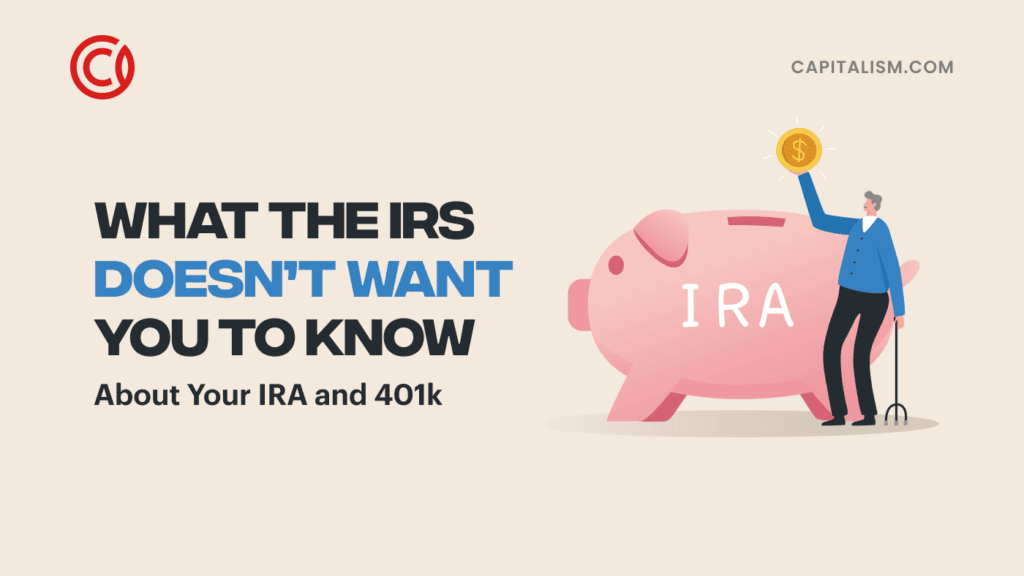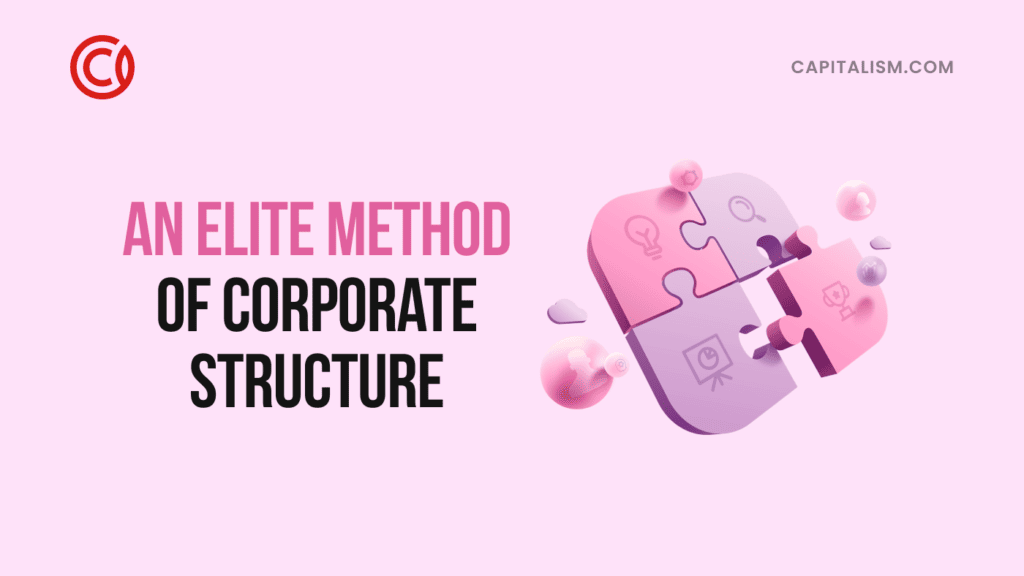The end of a fiscal year and the beginning of new one usually sucks. Why, you might ask? Minimum wage hikes--that's why.
Governing magazine recently published a report with the headline, "Minneapolis Joins the $15 Minimum Wage Club." Yes, that is true. Minneapolis, Minnesota is the latest large, Democrat-controlled municipality to fall victim to the pipe dream that is a $15 minimum wage floor for all the city's low skill and entry level workers.
The Minneapolis Wage Hike: A Timeline
Starting July 1, 2018, the new minimum wage hike takes effect in a progressive, multi-year scheme to get the current $10 per hour rate to $15 per hour by 2024.
City council approved the measure on June 30, mandating all businesses within city limits to pay at the $15 per hour rate. Smaller, locally owned businesses have seven years from the law's effective date to pay the new minimum wage, as well.
Below is the progression of the wage increase over the next 5 years:
| Date | Large business: five years | Small business: seven years |
| Jan. 1, 2018 | $10 | No increase |
| July 1, 2018 | $11.25 | $10.25 |
| July 1, 2019 | $12.25 | $11 |
| July 1, 2020 | $13.25 | $11.75 |
| July 1, 2021 | $14.25 | $12.50 |
| July 1, 2022 | $15 | $13.50 |
| July 1, 2023 | $15 indexed to inflation | $14.50 |
| July 1, 2024 | $15 indexed to inflation | $15 |
Source: Minneapolis City Council
The $15 per hour minimum wage makes the city one of several, nationwide, that offer such a high wage floor. Other cities that have the same rate, notably, are places like Seattle, Washington D.C. and San Francisco.
Impacts on Small Business Owners
Even though the city council installed this new ordinance, the calls of concern of small business owners appeared by unheeded. In a video produced by the Southwest Business Alliance, three business owners spoke of the potential risks and challenge their establishments will face once the new minimum wage goes into full effect.
One of the owners, named Jane Elias, said that the entire concept of a $15 minimum wage was troubling.
"It's extremely difficult to make ends meet," Elias said. "I am a bleeding heart liberal, and I am a big Bernie Sanders supporter; but, this whole flat out $15 one-size fits all is just wrong."
With minimum wage hikes, businesses face increased labor and operation costs that then reflect in the services or products they sell with increased prices.
Other threats to the local businesses also include being put at a market disadvantage because of a labor price control such as minimum wages. Whether you support minimum wage hikes or not, the real root of the issue is that workers are being placed on a pedestal while businesses--the sources of income for workers-- are cast as unimportant.
If it weren't for businesses, workers won't have jobs or wages and goods and services will not be sold or bought because there is no one producing them. As mentioned prior, the concept of higher minimum wages are well intentioned, yes; however, when put into action, more harm is done.
Prices increase, cost of living will increase more so without a higher minimum wage, and businesses who can't keep up fail and close because of a burdensome intervention in the marketplace sponsored by a governmental entity.
There are no benefits when the negative factors outweigh the positive factors.
MORE ON THE MINIMUM WAGE ISSUE ON CAPITALISM.COM
• What Should Your Minimum Wage Be?
• $15 Minimum Wage Gives Rise to Job-Replacing Kiosks, Small Business Closures
• Why Government Should Never Dictate A Minimum Wage











